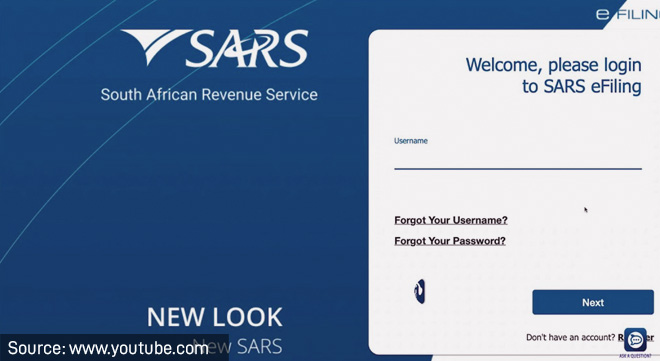
More amendments on the table to get SA off the grey list
One of the amendments will allow Sars to share taxpayer information with a wider range of government agencies.

One of the amendments will allow Sars to share taxpayer information with a wider range of government agencies.

National Treasury’s approach is ‘moderate’ spending cuts and a ‘sustainable’ increase in borrowing.

Bridging finance from National Treasury may not be required now that it has certainty of receiving levy and special levy income.

The problems with resolving these complaints also highlight the need to integrate the advice- and the product-related ombud schemes.

Businesses and households can apply for both the renewable energy tax breaks and the Energy Bounce Back Loan Guarantee Scheme.

The Supreme Court of Appeal’s judgment in the Coronation case finds its way into proposed amendments to the ‘controlled foreign company’ rules.

The amendments encompass debt denominated in a foreign currency and the primary residence exclusion.

One amendment will affect inter-fund transfers by members who have reached normal retirement age but who have opted not to retire.

An anomaly in the Act results in the creation of two years of assessment during a single 12-month period when an individual ceases to be a tax resident.

The Financial Matters Amendment Act introduces stronger sanctions for auditors and significant reforms to pension funds.

Survey gives insight into what South Africans and their banks may have to pay when the nation’s first deposit insurance body becomes operational.

The FSCA publishes its updated regulatory agenda for the next three years.

How accessibility and seeding will impact members of defined-benefit retirement funds.

Money in the savings pot should be withdrawn only as a last resort, for absolute financial emergencies.

Administrators are concerned there is not enough time for financial advisers and members to understand the implications of the changes.

Factsheet merely confirms what we already know about how the scheme will be funded.

The ombud’s office is a crucial mechanism for ensuring fairness, accountability, and transparency in the tax system, finance ministry says.
Notifications